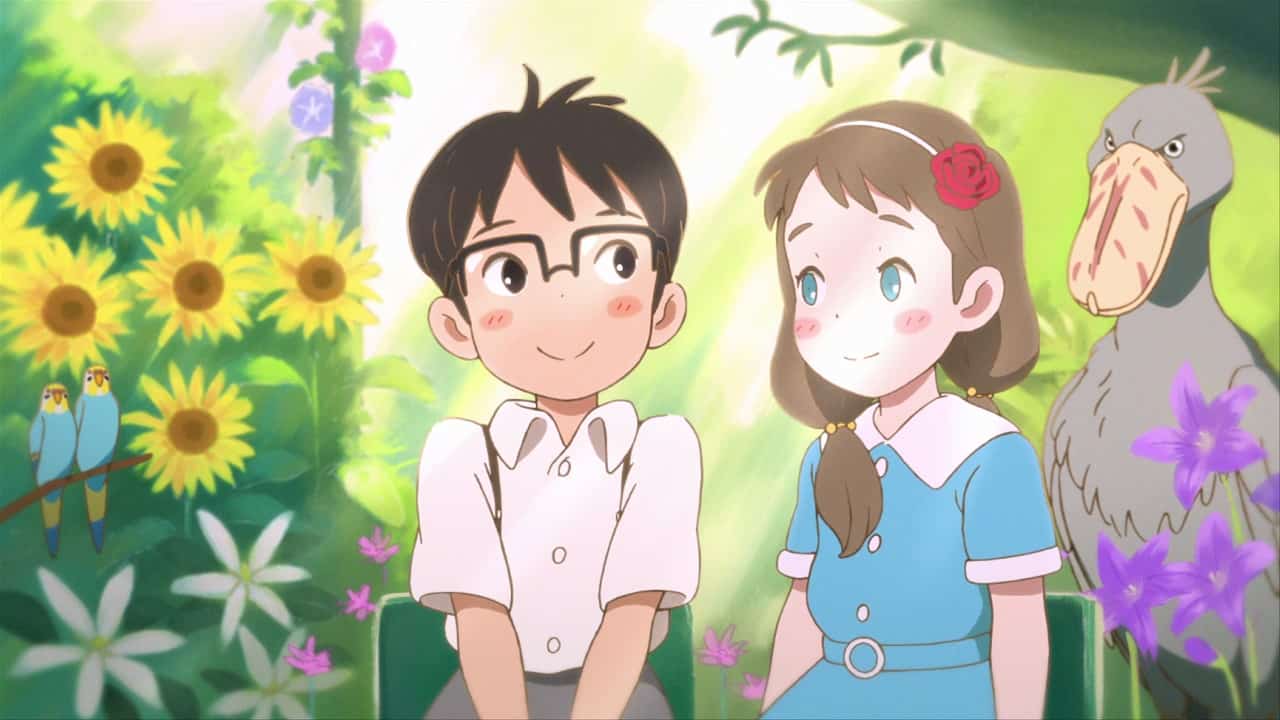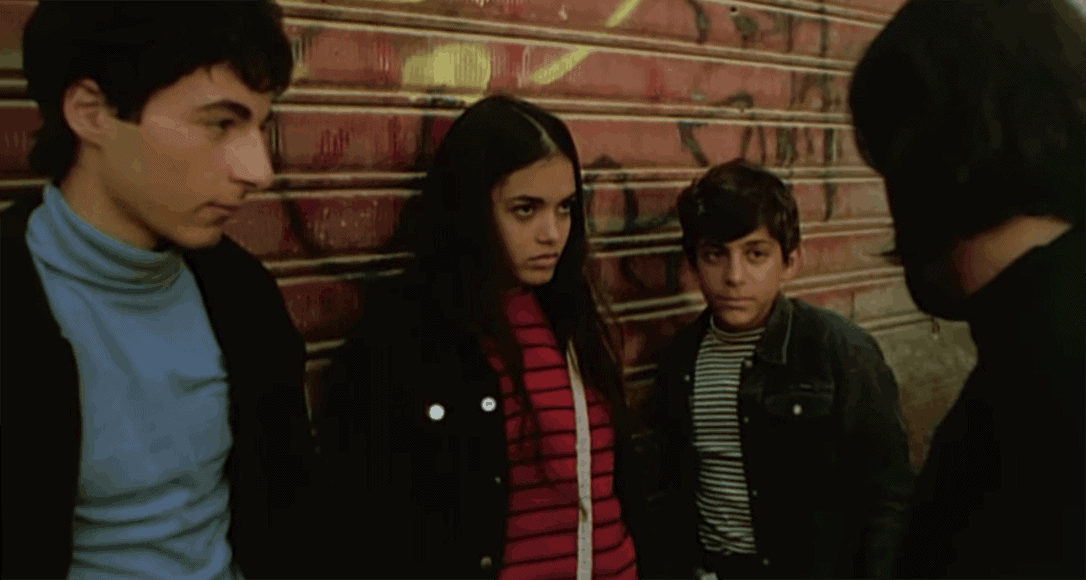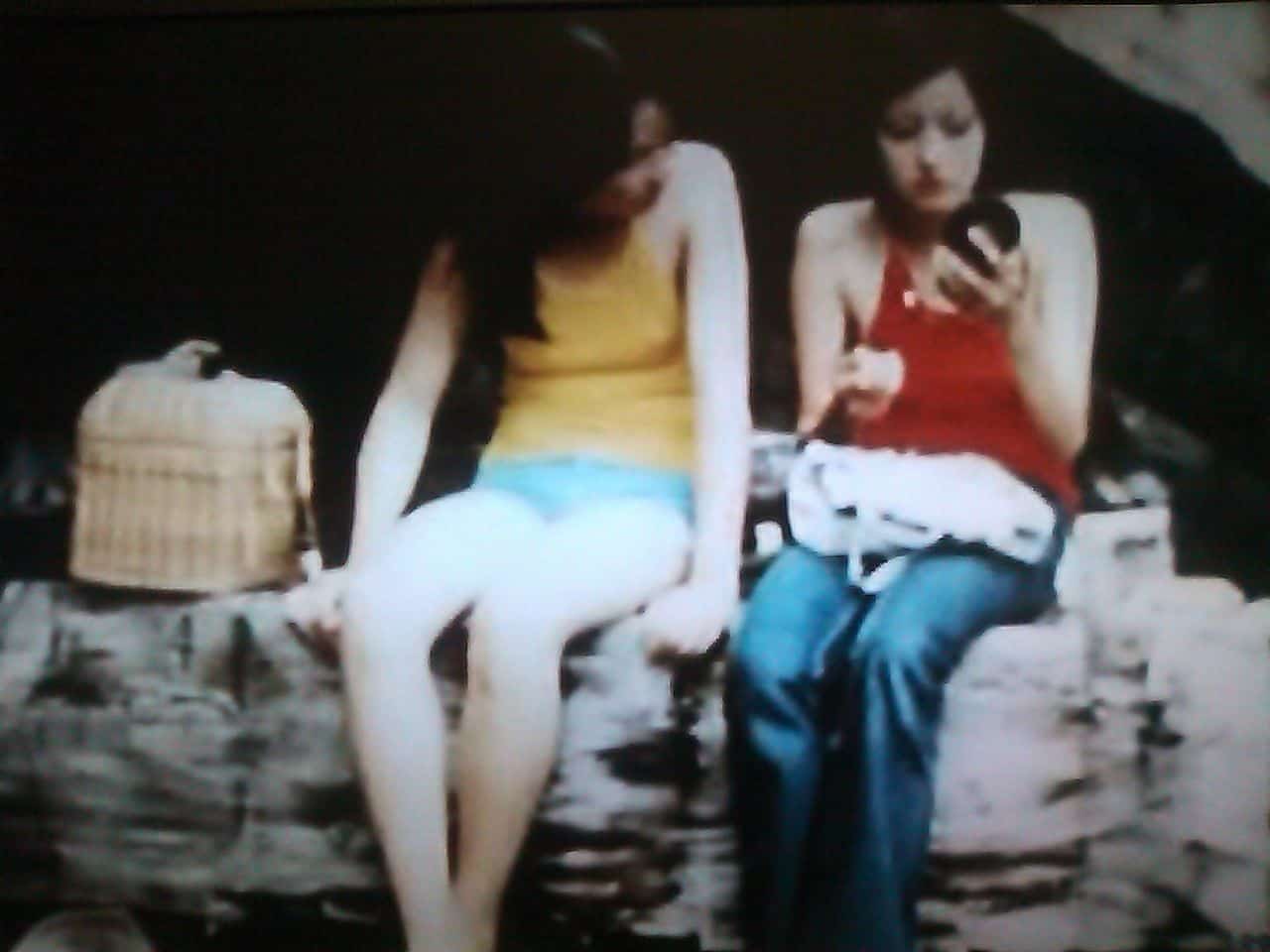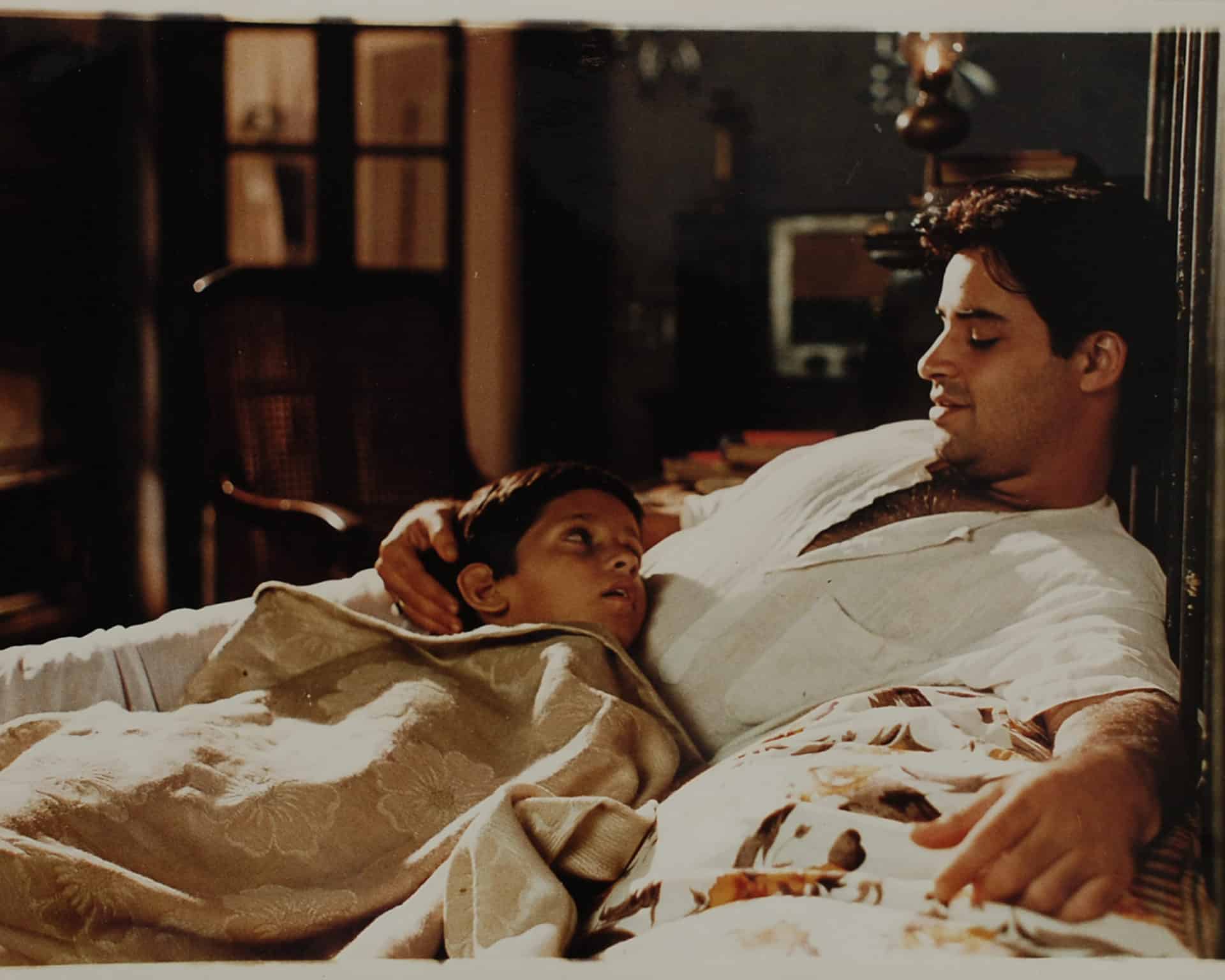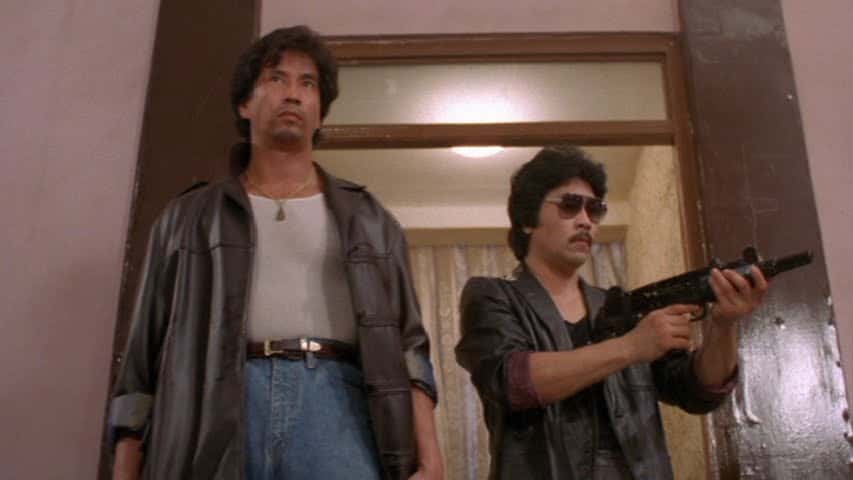Returning to filmmaking after 2016 and “V.I.P. “, Lee Won-suk comes up with a completely different approach than both the aforementioned and its predecessor, “The Royal Tailor”. “Killing Romance” is a truly flamboyant comedy in a style that reminds of both of a fairy tale and Nobuhiko Obayashi's last works, also because it manages to “hide” a number of pointed comments about the entertainment industry under its impressive visuals and overall “silliness”. Let us take things from the beginning, though.
Killing Romance is screening at New York Asian Film Festival
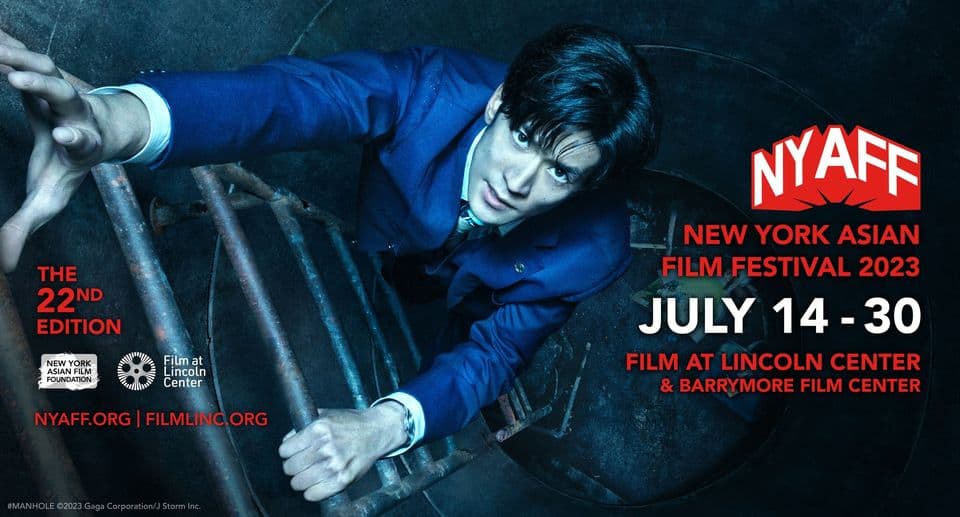
Hwang Yeo-rae used to be a popular actress, but after her last sci-fi movie bombed in the box office, she has essentially been ostracized from the industry. In an effort to make a change in her life and avoid the negative publicity, she decides to visit the remote island nation of Qualla. While there, she meets obscenely wealthy tycoon Jonathan Na, who woos her with his riches and silk words, to the point that she soon ends up marrying him, even announcing her retirement from the industry. As soon as they move to Korea, though, Jonathan shows his intensely narcissistic and abusive nature, essentially imprisoning Yeo-rae, to the point of not even allowing her to go out without his permission. In her desperation, the former star turns to a neighbor, Bum-woo, who turns out to be her super fan, and is even willing to murder Jonathan with her, in order to set her free. Their plans, expectedly, do not go as planned, while they also have to face Jonathan's right hand, brute Joe, and the man's intense cunning. While they still try to proceed with their plan, the tycoon is in the process of building a new theme park in an area inhabited by ostriches.
On first look, Lee Won-suk comes up with a crowd-pleaser that loans from “Enchanted” and presents a story that is equally comedy, drama, musical and includes enough action in order to appeal to the widest possible demographic. This approach, despite its evident silliness and lack of logic, works quite well for a number of reasons. The first and most obvious one is the charisma and performances of the three main actors, who actually do them all. Dance, sing, emote, fight, run, being silly and everything between.
Check also this interview
Lee Ha-nee, in a role that is even funnier than the one she held in “Extreme Job” manages to be both gorgeous and amusingly ridiculous, with her excessive facial expressions, her occasional advertisement-like talking, the way she somewhat exploits Bum-woo and is exploited by Jonathan all being excellently presented. An unrecognized Lee Sun-kyun as Jonathan make a rather entertaining caricature-like villain, with him being both ridiculous in his narcissism and fake mustaches, and cunning and dangerous, occasionally even at the same time. Lastly, Gong-myung as Bum-woo shows his obsession, naivety and resolve in an equally convincing fashion that puts his performance somewhere between the two aforementioned, with him functioning as a catalyst on the way the story progresses.
The second and equally obvious, is the evident big budget of the movie, that has resulted in a series of impressive locations and set, SFX that are actually part of the comedy as much as they are of the action. The same extravaganza also applies to the K-pop music that is repurposed in the most hilarious fashion, resulting in combinations of karaoke-like and dance-off sequences that will definitely stay in the mind of every viewer. Kang Min-woo's cinematography captures all the aforementioned in the most fittingly excessive fashion, with the brightness and the intense coloring here frequently making the film function as a non-stop music video. Lastly, Jung Ni-eun'I's editing results in a frantic pace that suits the overall aesthetics to perfection, even picking up close to the end, when action also becomes a factor of the narrative.
Apart from the obvious silliness, excessiveness and flamboyance, however, Lee Won-suk manages to hide (in plain sight) a number of rather pointed comments about the industry. The way a flop can ruin the career of even superstars, forcing them to deal with advertisements and endorsements to make a living, or get married to someone rich, is probably the most evident here. The way the rich essentially marry stars in order to show them off, while preventing them from doing what they want is another one here, with the story being quite common actually, both in Hollywood and Asia, with a number of actresses in particular completely disappearing after getting married. The way women especially have to retain a certain appearance to keep getting roles, particularly having to do with their weight, is also commented upon.
An even darker remark concerns the fans, with Bum-woo appearing as part of the group that are the only ones that actually believe in what is happening in front of the cameras, and are willing to go to extreme for the people they idolize. Even they, however, have ulterior motives, usually having to do with sexual connotations, while the way the “idols” exploit the aforementioned mentality makes the whole thing rather dark and practically sociopathic, whichever way one looks at it. Lastly, an ecological comment about how construction harms nature is also embedded in the narrative, although in much more obvious fashion.
As such, “Killing Romance” emerges as a much smarter than it looks movie, with the intense amalgam Lee Won-suk has implemented throughout resulting in a spectacle that will appeal to both fans who want their movie fun and light, and to those who search for food for thought.



